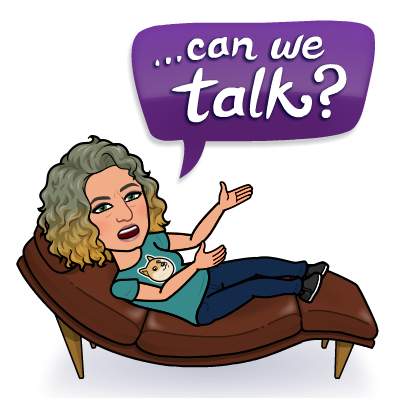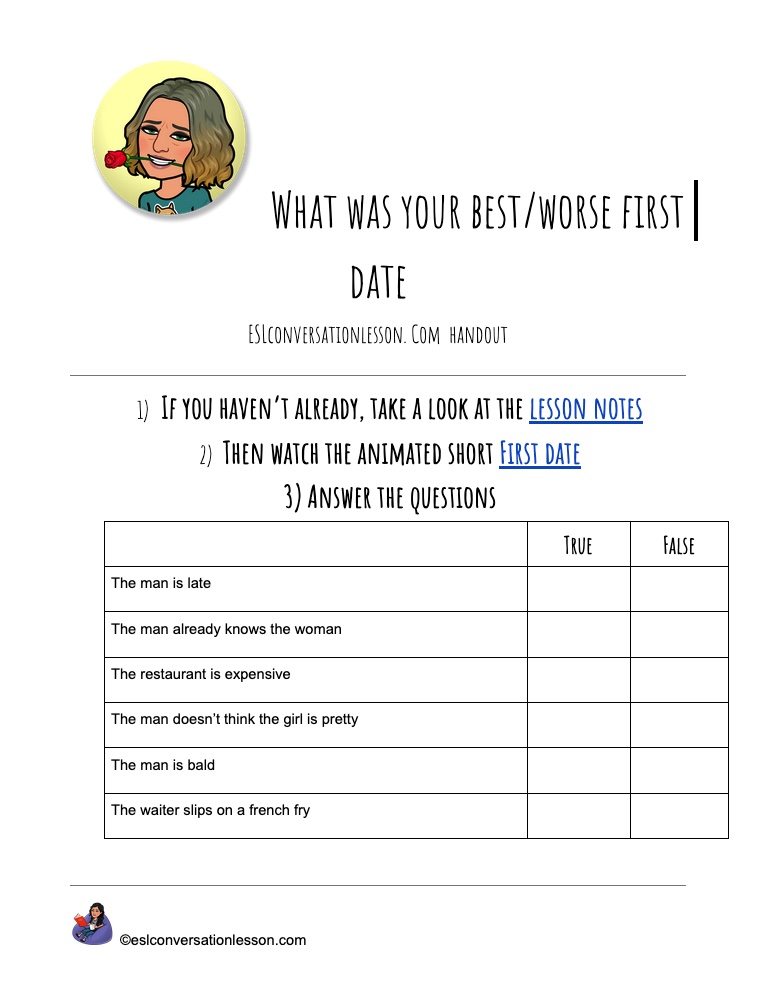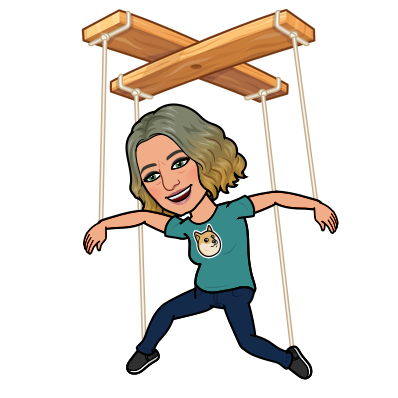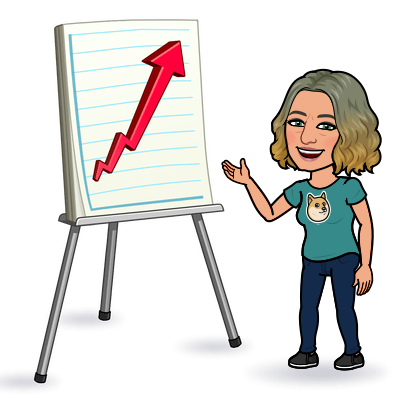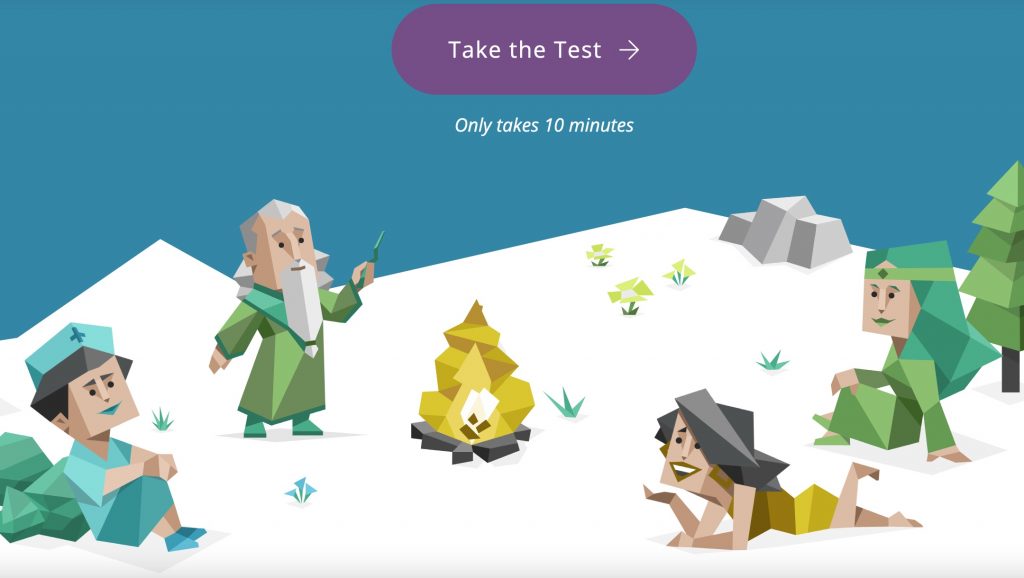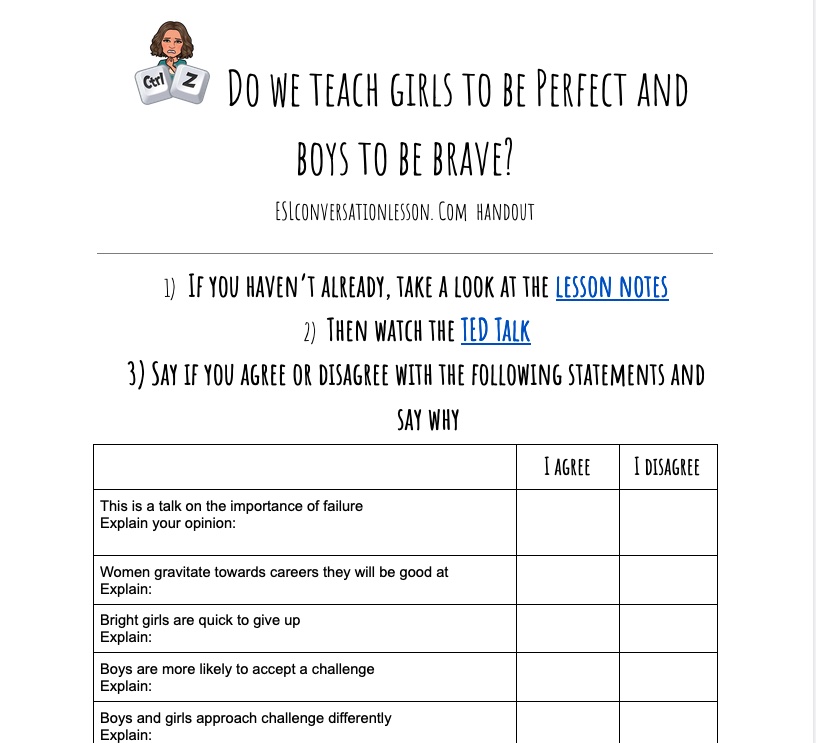Would you rather text or email than talk?
It’s just so easy. I don’t have to interrupt anyone, I can write while I’m in the moment, I don’t have to hold anything in my memory, I don’t even have to wait my turn to talk. When the thought appears, I can just shoot a message off and my counterpart can react when it is convenient for them. In some cases, with my more talkative friends (and family members) a digital message is the only way I can get a word in edgewise.
Plus, I can re-read, check my tone or make sure I didn’t word anything in an insensitive way. I can edit. Digital communication allows me to put forth my best self. Great stuff…right?
Sherry Turkle is not so sure. Her TED talk Connected but Alone? takes a good hard look at what digital communication may be doing to us. We have all heard that technology may be making us more isolated, so beyond this statement, just how it is doing that? Turkle gets right under the hood of our communication habits and puts forth some thought-provoking concepts that definitely gave me pause.
This lesson is definitely for more advanced students. I did this with a mixed class of high-level and lower-level students and the lower level were a bit lost. However, I still recommend using first language material as much as you can to get their ears and minds used to native speaking. Once they get over focusing on what they don’t understand and focus on what they do, they will increase their ability to get into the English-speaking community.
Pre discussion
- Let’s hypothesize…Why do you think Turkle thinks texting and emailing are making us more isolated?
- Make a pros and cons list for digital communication
- What is the difference between isolation and solitude?
- What is the difference between friendship and companionship?
The Video: TED Sherry Turkle: Connected but Alone?
There is a ton of stuff to talk about here. And rather than try to Tell Back everything Turkle says (although you are free to do that), I would jump right into the discussion with some of the following key ideas:
- “We want to customize our lives and control where we put our attention”
- “We are getting used to being alone…together”
- “We are compromising companionship for friendship”
- “We have an illusion of companionship without the demands of friendship”
- “We can’t get enough of each other, at a distance, in amounts we can control”
- “We use technology to manage our relationships in ways we can comfortably control”
- Technology is satisfying 3 basic fantasies:
- We can put our attention where we want it to be
- We will always be hear
- We will never be alone
- “Being alone feels like a problem that needs to be solved”
- “I share therefore I am”
- “Connection is creating isolation”
- “We need to cultivate the capacity for solitude”
- “We need to build a self-aware relationship with technology”
And I could go on and on pulling quotes from this video. Turkle is articulate, astute and a fantastic social analyst.
I am ready to admit that I am getting caught in the fray of convenience, but short of stopping (which is not going to happen) Turkle has helped me see where I might be more self-aware.
I hope you enjoy talking about this as much as me and my students.
